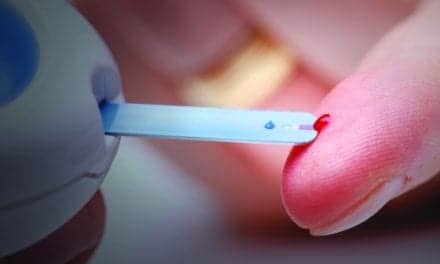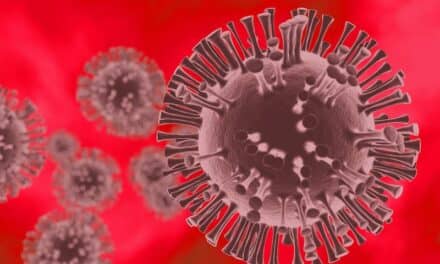In a study led by Johns Hopkins Medicine, in collaboration with Yale School of Medicine, researchers have identified a biomarker found via a simple urine test that can be used to diagnose acute tubulointerstitial nephritis (AIN), a medical condition that causes inflammation of the kidneys and can lead to acute kidney injury (AKI) — a sudden loss of kidney function. Experts say a kidney biopsy is often required to diagnose AIN because there are no disease-specific signs or symptoms. However, testing for a protein called CXCL-9 in a person’s urine could be a noninvasive way to diagnose AIN without having to do a kidney biopsy.
Results of the study, which overall looked at more than 180 potential immune system biomarkers, were published in the Journal of Clinical Investigation.
In an estimated 70% of patients, acute tubulointerstitial nephritis is thought to be the result of medications used to treat gastroesophageal reflux disease, bacterial infections and cancer, says Chirag Parikh, MBBS, PhD, director of the Division of Nephrology at Johns Hopkins Medicine and corresponding author of the study. As a result, he adds, clinicians often assume AIN is present to avoid kidney biopsy risks, and they try withdrawal of all potential culprit drugs along with administration of corticosteroid therapy to head off AKI.
Parikh explains this approach can potentially lead to overtreatment if the assumption of an AIN diagnosis is incorrect; discontinued medications may include therapies such as antibiotics and anticancer medications, and corticosteroid therapy carries risks such as hyperglycemia, bone loss, gastrointestinal hemorrhage and infection.
“Evaluation of a patient with AKI requires a thorough evaluation of its underlying cause and development of a personalized treatment plan focused on the underlying etiology and mechanism of injury,” Parikh says.
For the study, the urine of over 200 hospital patients with AKI was tested for 180 potential biomarkers to identify the top AIN-associated CXCL-9 protein. Researchers found patients with AIN had a much higher level of the protein in their urine compared to people without AIN. They also looked at kidney tissue samples and found similar results. Together, the research team says, the results suggest use of the urine biomarker CXCL-9 can significantly improve clinical care by helping to rule in or rule out AIN in a large subset of patients, and limit the use of kidney biopsies for a narrower subset in whom biomarker values are unclear.
“AIN is an allergic reaction caused by some common medications that are used routinely in a small group of patients,” Parikh says. With the common assumption of a patient having AIN instead of AKI, finding a new biomarker can help eliminate the potential of a misdiagnosis. “Having a method for early diagnosis can help preserve kidney function and long-term chronic kidney disease,” Parikh says.
Parikh hopes information gathered from this study will also help guide the search for better treatments of AIN as a precursor to AKI, and for AKI itself, perhaps by targeting inflammatory chemicals in early stages. Parikh and his colleague at Yale, Dennis Moledina, are co-inventors on a pending patent for the new test, and are founders of a company, Predict AIN, LLC.





